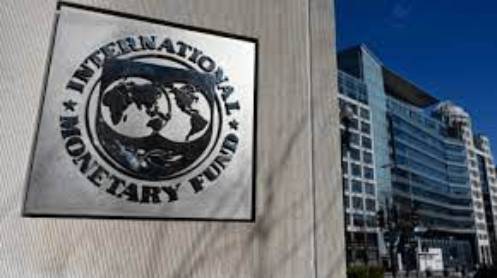Karachi’s Industrial Sector Calls for Energy Cost Reductions and Policy Reforms
Amid concerns over the International Monetary Fund’s (IMF) Staff-Level Agreement (SLA) and its impact on energy policies, Karachi’s industrialists are urging the newly-elected government to take decisive action to reduce energy costs and implement comprehensive economic reforms. The industrial sector faces potential shutdowns if critical infrastructure deficiencies are not addressed promptly.
Expressing apprehension about the IMF-SLA objectives, especially regarding energy policies, industrialists warn that implementing these measures without addressing infrastructure gaps could lead to widespread closures of companies nationwide. The escalating wave of street crimes, fueled by inflation and unemployment, adds to the urgency of revitalizing the struggling industry.
Debates within the industrial sector focus on whether electricity should be supplied at Regionally Competitive Energy Tariff (RCET) rates or if industries should be allowed to operate economically viable captive power plants. The inability of the government to meet energy demands in terms of both quality and quantity has prompted discussions on cost-effectiveness and international energy cost benchmarks.
Industrialists criticize the government’s failure to provide uninterrupted power supply and highlight challenges faced in operating captive power plants due to high gas and electricity tariffs. The withdrawal of RCET under IMF pressure and subsequent increases in gas tariffs have further burdened industries, leading to closures and shifts to the power grid despite rising electricity costs.
The current electricity tariff billed to industries in industrial zones is Rs55.74 per unit for February. Reports indicate closures of 50% of small units and 20% of large units in one Site Association of Industry (SAI) due to unaffordable tariffs, reflecting broader challenges across Karachi’s seven industrial zones.
Eminent industrialist Riaz Uddin emphasizes the importance of a comprehensive five-year plan for national development and resource allocation, highlighting the need for stability to attract investment. Landhi Association of Trade and Industry (LATI) President Siraj S Monnoo calls for improvements in infrastructure reliability, governance, and anti-theft measures to address economic challenges faced by industries.
The industrial sector’s call for energy cost reductions and policy reforms underscores the critical need for government intervention to support sustainable growth and prevent further economic decline.
(Story by Gohar Ali Khan)







